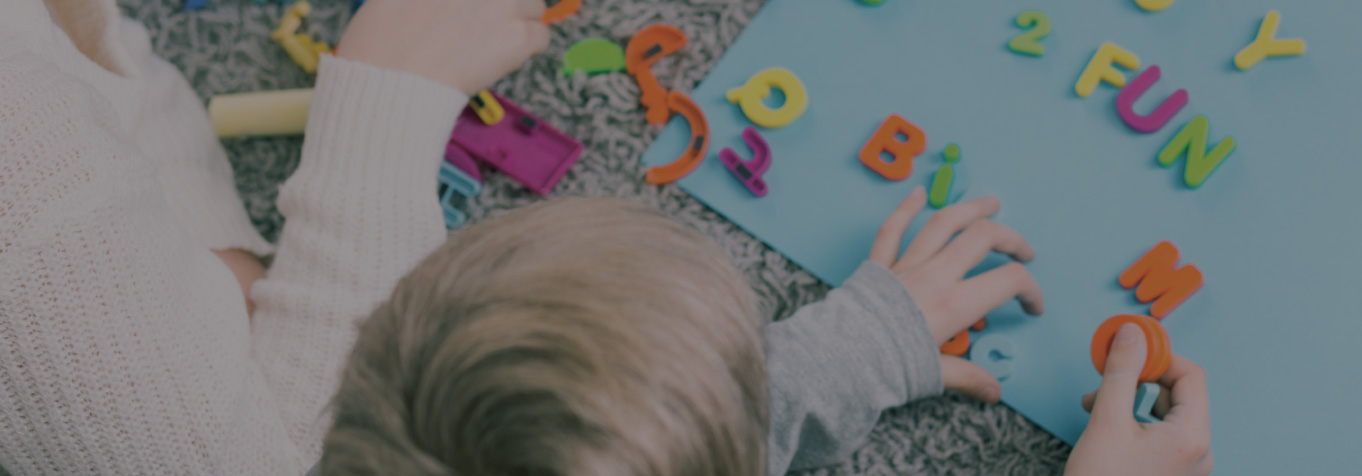
Language development
Are you wondering if your child’s language and listening skills are developing as they should?
While children develop their speech and understanding at different rates, there is a general pattern to children’s language development. To provide clarity on your child’s progress, here are some guidelines on the different expected stages of language development between the ages of 1 and 5.
By age 1
At age one, your child should be able to:
Respond to familiar sounds, such as the phone ringing, vacuum cleaner or car in the driveway
Understand simple commands, such as ‘no’
Recognise their own name
Understand the names of familiar objects or people
Say ‘dad’, ‘mum’ and a few other words
Enjoy songs, music and books
Try to make familiar sounds, such as car and animal noises
By age 2
When your child reaches age two, they should be able to:
Say the name of simple body parts, such as ‘nose’ and ‘tummy’
Listen to stories and say the names of things in pictures
Understand simple sentences, such as ‘Where’s your shoe?’
Use more than 50 words, such as ‘no’, ‘gone’, ‘mine’ and ‘teddy’
Talk to themselves or their toys during play
Sing simple songs, such as ‘Twinkle, Twinkle, Little Star’ and ‘Baa Baa Black Sheep’
Use pronouns such as ‘me’ and ‘you’ instead of names
Attempt simple sentences, such as ‘milk all gone’
By age 3
At three years old, your child should be able to:
Understand how objects are used (e.g. a crayon is for drawing)
Recognise their own needs, such as hunger
Follow directions, such as ‘go and get your bag and coat’
Use three and four-word sentences
Enjoy telling stories and answering questions
Have favourite books and TV programs
Be understood by familiar adults
By age 4
When your child is four, they should be able to:
Understand time-related words, such as ‘lunchtime’, ‘today’ and ‘winter’
Understand shape and colour names
Ask who, what and why questions
Use lots of words (about 900) usually in four to five-word sentences
Use correct grammar with occasional mistakes, such as ‘I falled down’
Use verbal language when playing with other children
Speak clearly enough to be understood by most people
By age 5
At age five, your child should be able to:
Understand opposites, such as high and low, wet and dry, big and little
Use sentences of about six words with correct grammar
Talk about events that are happening, have happened or might happen
Explain why something happens, such as ‘Mum’s car stopped because the petrol ran out’
Explain the function of objects, for example ‘This scrunchie helps keep my hair away’
Follow three directions, such as ‘Stand up, get your shoes on and wait by the door’
Say how they feel and tell you their ideas
Become interested in writing, counting and reading
Speak clearly enough to be understood by anyone
Reference from Speech Pathology Australia.
Does your child need support in their language development? Our speech pathologists can help.
